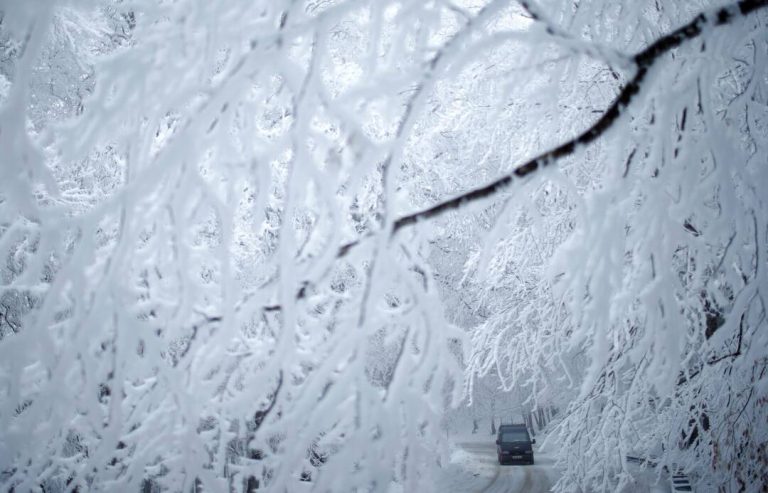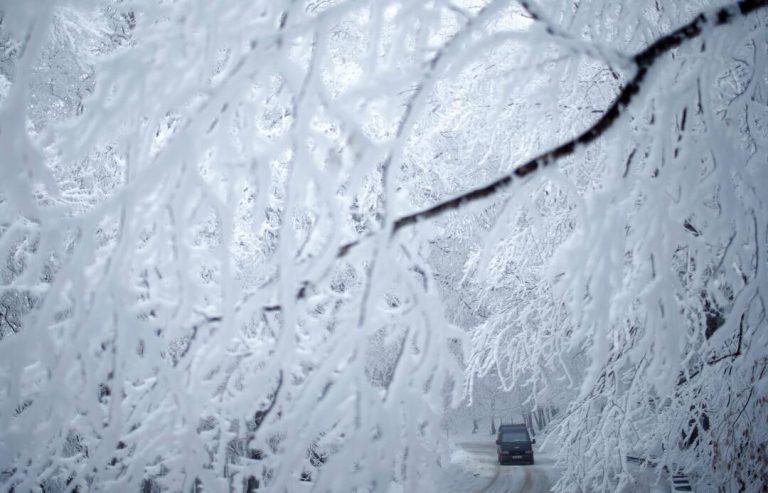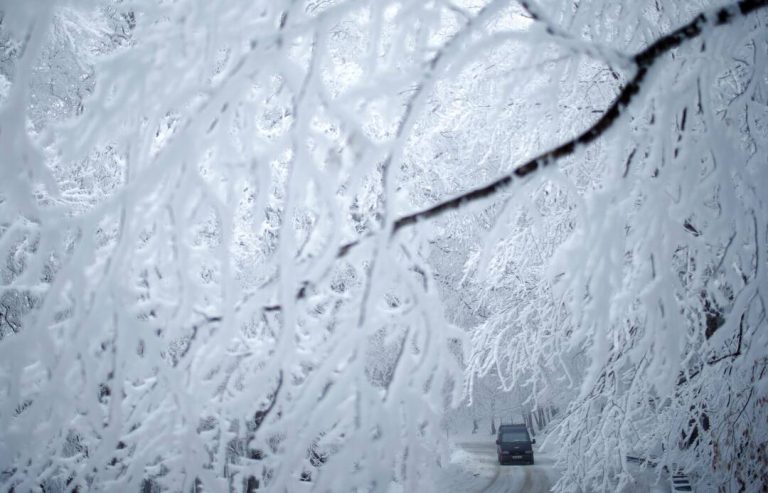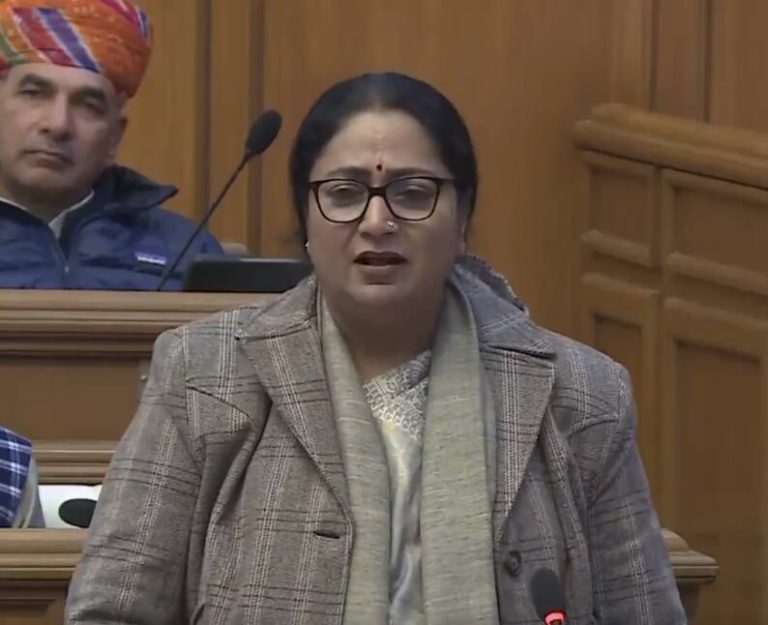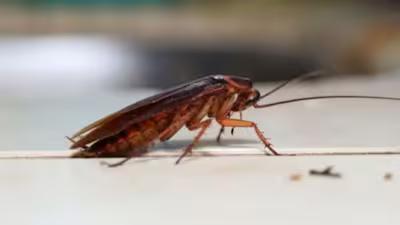
What will happen if cockroaches go extinct?
Cockroaches are one of the most despised and feared creatures on the planet. They are often viewed as pests, and their presence in homes and buildings is seen as a sign of poor sanitation and hygiene. However, despite their reputation, cockroaches play a vital role in the ecosystem, and their extinction could have far-reaching and devastating consequences.
One of the most significant contributions of cockroaches to the ecosystem is their role in decomposition and nutrient cycling. Cockroaches are detritivores, which means they feed on decaying organic matter, helping to break it down and recycle nutrients. This process is essential for maintaining the health and fertility of soil, and it has a significant impact on the entire ecosystem.
Cockroaches carry a unique bacteria called Blattabacterium, which is found in their gut and is responsible for recycling nitrogen and turning it into essential nutrients. Without this bacteria, the decomposition process would slow down significantly, leading to a buildup of organic waste on forest floors. This, in turn, would have a negative impact on the entire forest ecosystem, as trees and other plants rely on the nutrients released during decomposition to grow and thrive.
If cockroaches were to go extinct, the consequences would be far more terrifying than you think. Water pollution would rise, as the decomposition process would slow down, and organic matter would accumulate in waterways, leading to an increase in water-borne diseases. Forest floors would be filled with organic waste, and the soil fertility would drop, making it difficult for trees and other plants to grow. This, in turn, would weaken the trees, making them more susceptible to disease and pests, and potentially leading to widespread deforestation.
The loss of cockroaches would also have a significant impact on the food chain. Many animals, such as birds, reptiles, and small mammals, rely on cockroaches as a source of food. Without cockroaches, these animals would need to find alternative sources of nutrition, which could lead to a disruption in the food chain and potentially even extinctions.
In addition to their role in decomposition and nutrient cycling, cockroaches also play a vital role in seed dispersal and plant propagation. Some species of cockroaches are known to feed on seeds, and in the process, they help to disperse them to new areas, allowing plants to colonize new habitats. Without cockroaches, this process would be disrupted, and plant diversity could suffer as a result.
The extinction of cockroaches would also have significant economic implications. Cockroaches are an important food source for many animals, including chickens and other poultry. Without cockroaches, the cost of feeding these animals could increase, leading to higher food prices and economic losses for farmers and the agricultural industry as a whole.
In conclusion, the extinction of cockroaches would have far-reaching and devastating consequences for the ecosystem. The loss of these detritivores would lead to a slowdown in decomposition, a buildup of organic waste, and a drop in soil fertility, which would have a negative impact on the entire forest ecosystem. The consequences of cockroach extinction would be felt throughout the food chain, from the animals that rely on them as a source of food to the plants that depend on them for seed dispersal and propagation.
It is essential to recognize the importance of cockroaches in the ecosystem and to take steps to conserve and protect them. This can be achieved through sustainable land-use practices, such as reducing deforestation and habitat destruction, and by promoting biodiversity and ecosystem health.
In the end, the extinction of cockroaches is a terrifying prospect, and it is essential to take action to prevent it. By recognizing the vital role that cockroaches play in the ecosystem, we can work to protect and conserve these important creatures, and ensure the long-term health and sustainability of our planet.
